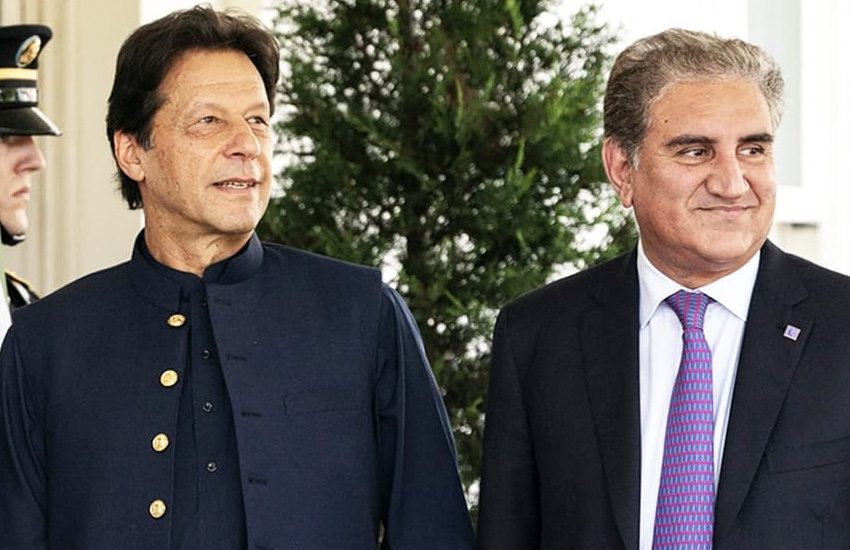Guilty verdict under Official Secrets Act
In the official written judgment, it was declared that both the founder of PTI and Shah Mahmood Qureshi have been found guilty under various sections of the Official Secrets Act, including Section 53A, Section 51C, Section 51D, and Section 9. Additionally, they were found in violation of Section 5 IIIA and Section 34 of the Pakistan Penal Code, rendering them liable to punishment.
The court, in its ruling, specified that the founder of PTI has been sentenced to 10 years of imprisonment with hard labor under Section 53A of the Official Secrets Act. Furthermore, a 2-year imprisonment term with hard labor and a fine of 10 lakhs have been imposed under Section 51C of the Official Secrets Act.
In the detailed verdict about the cipher case, it was elaborated that the founder of PTI is also subject to 2-year imprisonment with hard labor and a fine of 10 lakhs for the offense under Section 5 One D.
Read here: What is cipher case that landed Imran Khan and Qureshi in jail for a decade?
The judgment further outlined that Shah Mahmood Qureshi has been sentenced to 10 years of imprisonment with hard labor, and all the sentences imposed under the respective provisions are immediate and concurrent.
The verdict underscored the seriousness of violating official secrecy, stressing that the sentences would be immediate and concurrent. The court further condemned the accused for their conduct during the trial and attempts to garner sympathy.
The detailed judgment pointed out instances of deliberate lies by Imran Khan and Shah Mehmood Qureshi during the proceedings.
The court highlighted the misbehavior towards the public prosecutor and the disrespectful handling of files, indicating a lack of commitment to a fair trial. The failure to sign the indictment and the use of delaying tactics were deemed inappropriate for individuals of their stature.
Damaging Pakistan-US relations
The court's decision emphasized that the misuse of the cipher by Imran Khan and Shah Mehmood Qureshi violated their oaths as Prime Minister and Foreign Minister, damaging Pakistan-US relations.
The judgment cited deliberate lies, compromising the integrity of communication through ciphers, and the subsequent benefit to the enemy as contributing factors to the severity of the sentences.
Delaying tactics
Judge Abul Hasnat Zulqarnain criticized the delaying tactics adopted by the defense lawyers, making a mockery of the legal process.
The judgment noted the behavior of Imran Khan and Shah Mehmood Qureshi in court, highlighting their failure to sign statements and deliberately avoiding cross-examination. The court expressed disappointment in the conduct of the former prime minister and foreign minister throughout the trial.
In summary, the detailed verdict in the cipher case against Imran Khan and Shah Mehmood Qureshi has uncovered a series of lapses, deliberate misconduct, and their impact on international relations, leading to severe sentences and a tarnished legacy for the once-prominent political figures.



























